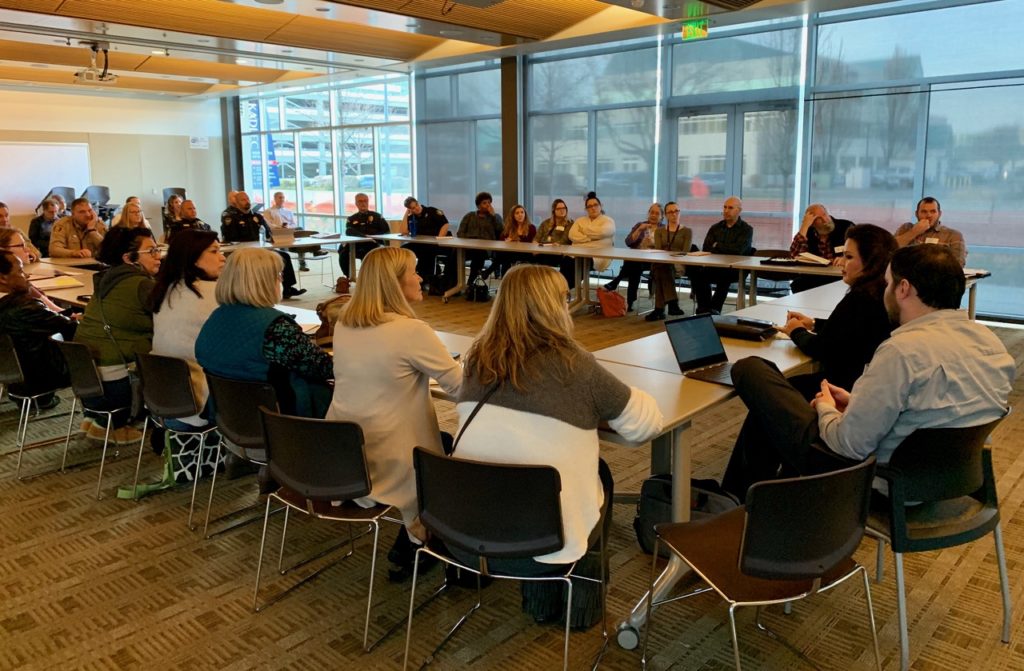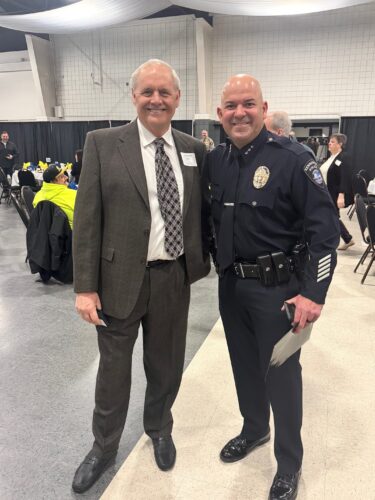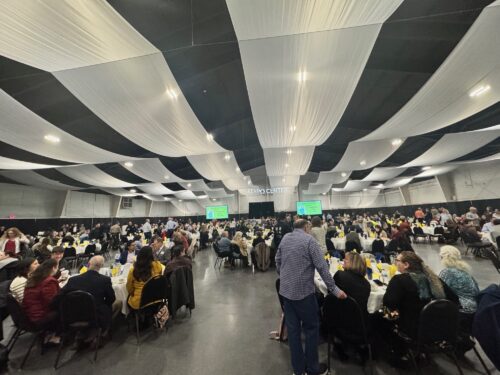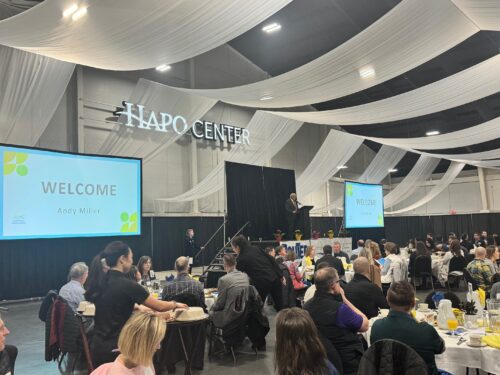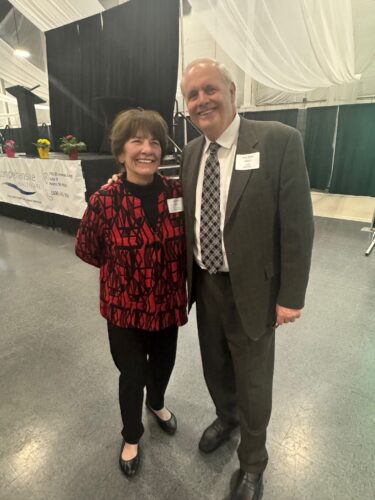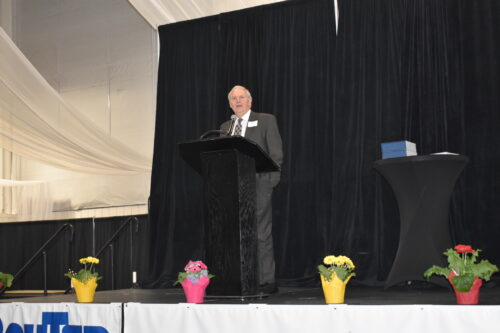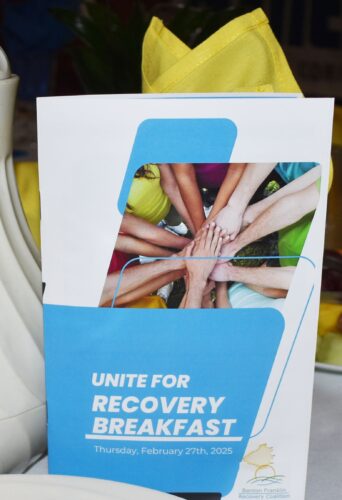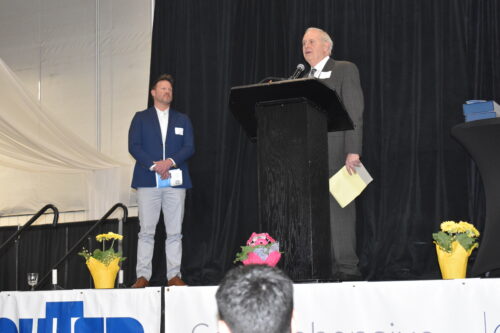copyright John Clement Photography
Drug addiction is a growing epidemic across the country in all communities, including Tri-Cities.
OUR MISSION
Partner within WA to advocate for recovery and treatment opportunities; educate to destigmatize the disease of addiction and reduce barriers to recovery for people suffering from Substance Use Disorder.
OUR VISION
Make Recovery the New Epidemic!
Unite for Recovery Breakfast 2025
A Special Thank You to Our Two Major Sponsors
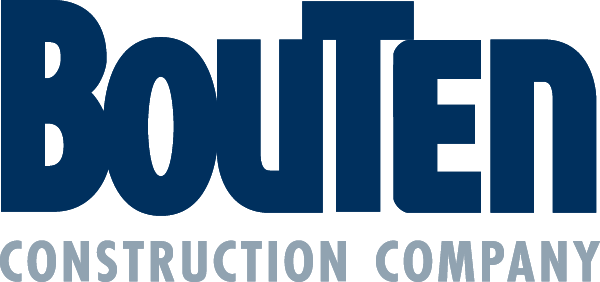

The Benton Franklin Recovery Coalition was thrilled with the attendance at our 2nd
annual fundraising breakfast “Unite for Recovery 2025”! Over 500 community members
attended the event held on Thursday, February 27, 2025 at the HAPO Center in Pasco.
Thanks to our major sponsors, Bouten Construction Company and Comprehensive
Healthcare, and our Gold, Silver and Table sponsors for making this event possible.
The event was kicked off by Michele Gerber, BFRC Board President and emcee Andy
Miller kept the event flowing, introducing all of our wonderful speakers, including County
Commissioner Jerome Delvin, Megan Tweedy from Comprehensive Healthcare, Chief
of Kennewick Police Chris Guerrero and Nick Gonzales who spoke on behalf of Bouten
Construction. We heard from Carol Johnson, new to our community with H2C, who also
gave a surprise $25,000 donation. For the event’s final speaker we listened to Terry
Miller, Pre Trial Diversion Court Coordinator for Benton & Franklin counties, who told her
very personal story on how SUD and Mental Illness has affected her and her family’s
lives and how she survived and now thrives in her life today!
Thanks to all our supporters and donors who made this event a success!
10-POINT PLAN
How You Can Support Recovery and Fight the Addiction Epidemic
1. Start with your own medicine cabinet.
Dispose of unused medications at police and pharmacy drop-off boxes. Lock medications in safes or lock-boxes.
2. Talk with your own doctor.
Ask for non-addictive medications, refuse opiate medications or accept the smallest amount possible for the shortest time period, and tell your doctor why.
3. Educate yourself about recovery from the disease of addiction.
Information is readily available (websites, books, articles) and you can understand it. Don’t judge people who have this disease or their family members. Causes of addiction are multi-faceted. Addiction can affect anyone. Addiction is not shameful.
4. Learn to use Naloxone and carry it if you have a loved one with an opioid addiction. Naloxone saves lives.
5. Partner with law enforcement.
Support vigorous prosecution of major drug dealers and diversion programs for addicted people who commit minor offenses and agree to treatment. If you know of drug dealing activity, notify law enforcement. It could save a life.
6. Speak up to politicians.
Demand funding for detox and inpatient facilities, recovery programs, prescribing limits and mandatory reporting of all overdoses.
7. Speak up to local hospitals.
Insist that hospitals offer drug and alcohol clinics and that overdose patients be admitted for at least a 72-hour stabilization period, rather than discharged as soon as they are conscious.
8. For employers.
Support recovery through work re-entry programs. Don’t sponsor company events centered around alcohol (turn “free beer night” into “free beverage night.”)
9. For school personnel.
Educate our youth. Invite people in long-term recovery to speak to students about addiction. A personal story can have a powerful and lasting impact.
10. Support a community effort to establish a Tri-Cities Recovery Center, similar to the Tri-Cities Cancer Center.
Our community deserves a place for individuals who are suffering from the disease of addiction and are seeking short-term medical and social interventions to enter recovery.
